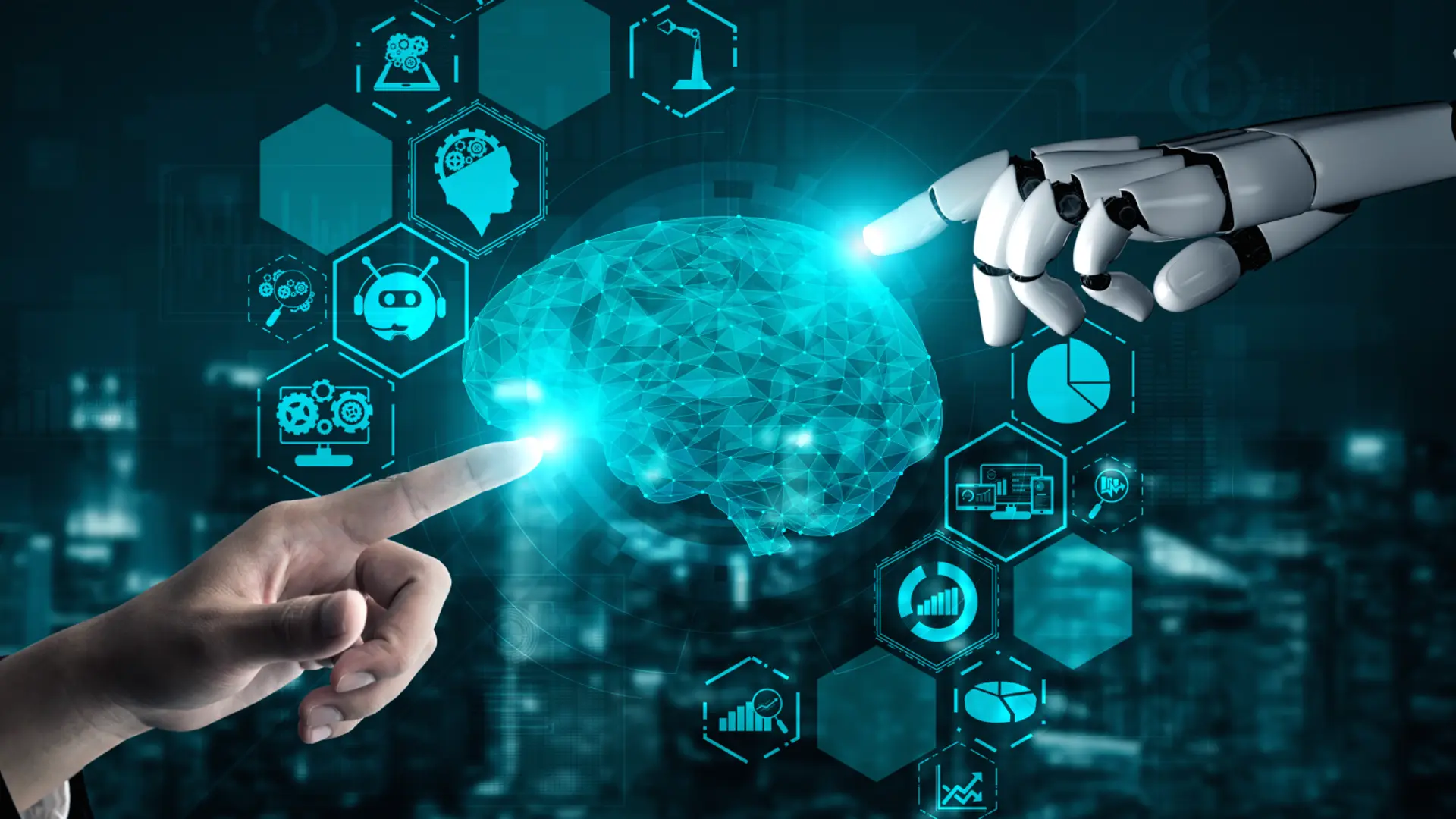Navigating the future of work, as AI and automation lead the charge
According to McKinsey, AI and automation are set to boost economic growth through enhanced productivity and by tackling societal challenges in healthcare and climate change domains.
In the ever-evolving landscape of the workplace, artificial intelligence (AI) and automation stand as pivotal forces reshaping the very character of employment and the workplace.
With the prevalence of Generative AI (GenAI) technology, organisations need to reimagine the entire landscape of the workplace with its capabilities that extend far beyond human potential.
AI is revolutionising healthcare, finance, and transportation, among other sectors with the ability to process vast amounts of data and derive insights. As we consider the transformative effects of these technologies, it is essential to recognise their dual role as catalysts for disruption and new opportunities.
AI and automation
According to McKinsey, AI and automation are set to boost economic growth through enhanced productivity and by tackling societal challenges in healthcare and climate change domains. However, this technological tide also brings about significant workforce transitions and impacts jobs and many more undergoing visible transformation.
According to PWC reports, the potential economic impact of this change is immense, estimated at $15.7 trillion by 2030, driven by increased productivity, enhanced quality of goods and services, and the emergence of new markets and industries.
Businesses that integrate AI technology into their systems will gain a competitive edge, positioning themselves as pioneers in their respective fields.
Opportunities and challenges in navigating the future of work
As AI technologies become more integrated into daily operations, many tasks once exclusive to humans will be taken over by machines. Some jobs may become obsolete, but new jobs will emerge, requiring a workforce capable of coexisting harmoniously with smart robots.
McKinsey analysis suggests that AI could replace 15% of the global labour force by 2030. Still, by 2035, AI technologies alone are predicted to raise labour productivity in 16 sectors—including manufacturing—by up to 40%. Hence, the real test for businesses lies in smoothly handling workforce transitions during this period.
Impact of AI on workplaces
- Automation of routine tasks: AI can automate repetitive and mundane tasks, freeing up employees to focus on more complex and creative activities. This shift will also require employees to adapt to new skills and job responsibilities—one where empathy, communication, and problem-solving may play an important role.
- Enhanced decision-making: AI systems can analyse vast amounts of data quickly and accurately, providing valuable insights that aid in decision-making. Employees of the future would need to learn how to interpret and leverage these insights to make informed decisions. Since similar insights may be available to most organisations, the ability of employees to put these insights to use to drive innovation in the market may become the competitive advantage for businesses of the future.
- Personalised customer experiences: AI-powered tools enable businesses to offer personalised products and services based on customer preferences and behaviours. Employees must develop skills in using these tools to enhance customer experience and brand loyalty.
- Remote work and collaboration: AI-driven platforms facilitate remote work by enabling seamless communication and collaboration. Employees need to become proficient in using these platforms to work effectively in a remote or hybrid environment.
- Change and continuous learning: In an AI-driven world, employees must be willing to learn to work with new tools and changed processes, committing to life-long learning.
Employers can equip workers with the required digital and collaboration skills they would need to succeed by prioritising reskilling and upskilling programmes, coupled with continuous engagement.
Human and machine collaboration will be essential, with human employees filling positions that demand creativity, critical thinking, and emotional intelligence, which AI cannot easily replicate.
Ethical and responsible use of AI
While promoting the use of AI for enhancing efficiency, improving products and services, and enhancing customer experience, businesses definitely need to invest in promoting ethical and responsible use of AI. Employees should be aware of the ethical implications of AI and the insights available from the tools.
Learning how to identify and mitigate biases in AI systems is essential to ensure fairness and equity. It is essential to understand the implications of privacy while handling customer data to train AI models to draw insights.
The future outlook
The future of work is about adaptation and innovation, leading to a more efficient and fulfilling work environment for everyone. Businesses and employees can thrive by embracing these changes. The future of work—driven by AI and automation—is bright and full of possibilities.
Meghan Nandgaonkar is the Head of JDU – Global Delivery, Fujitsu India.
Edited by Suman Singh
(Disclaimer: The views and opinions expressed in this article are those of the author and do not necessarily reflect the views of YourStory.)





